Line of inquiry 2 - Emotional and social risk and regulation
The objective of the “Emotional and social risk and regulation” line of inquiry has been to look at the adaptation processes linked to the influence of potentially problematic physical and/or social contexts, by focusing on emotional and social regulation processes as well as the mental suffering related to regulation difficulties. A two-pronged approach has been taken regarding:
- risk factors related to the health, working, living, and natural environments;
- risk factors related to the social environment.
Collective risks and safety:
The aim here has been to study the risky situations and the psychological adaptation strategies developed by individuals and groups confronted with various risk factors, be they health-related, linked to the environment or systemic, and their impact in terms of psychological well-being. We have chosen to take three additional angles of approach:
- a study of the links between social evaluation/representation of the social risk/beliefs associated with risk and behaviours, by exploring risk management, prevention practices and safety improvements;
- a study of the adaptation processes triggered in reaction to risks (regulation of emotions; regulation mediated by religious or spiritual beliefs, or by varyingly appropriate behaviours in terms of health, the environment and road safety);
- identification of the consequences of exposure to such situations over the medium to long term with regards to psychological well-being and quality of life.
The research undertaken has involved at-risk population groups (young drivers or vulnerable users – for road risk; population groups exposed to a safety, health or environmental risk) and the general population.
Social risks and contexts:
The second point of entry is based on the same theoretical references as above and has enabled us to take account of social contexts, such as nation, organisation and district. Such social contexts can potentially give rise to social inequalities, stigmatisation, conflict, harassment, violence, and so on, because of the social and intergroup interactions that have taken root there. Some social contexts may therefore encourage emotional and social regulation processes, whereas others may lead to unhappiness and mental issues. The aim has therefore been to study the emotional and cognitive regulation fostered by being confronted with a potentially problematic social context. Three angles of approach have been taken:
- a study of the processes involved in creating these risky social situations (the role of individual, social and organisational determinants, the role of social representations and beliefs; mediation and arbitration processes, etc.);
- a study of the consequences of being confronted with a risky social context in terms of psychological health (anxiety, work-related stress, eating disorders, depression and burn-outs, post-traumatic stress disorder, etc.);
- a study of the coping strategies adopted by individuals confronted with these destabilising contexts.
The research undertaken has involved specific population groups (minority or stigmatised groups; organisational contexts; groups exposed to traumatic events) and the general population.
The methods applied for the second line of inquiry have been quantitative for the most: experiments, questionnaires, psychological measurements, scales.
Contacts
Abdel BOUDOUKHA



